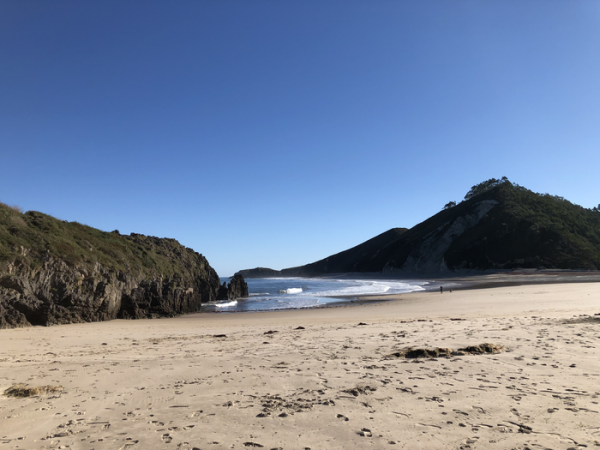A new multidisciplinary study involving ICTA-UAB researcher Asier García-Escárzaga reveals the impact and consequences of the ‘8.2 ka event’, the largest abrupt climate change of the Holocene, for prehistoric foragers and marine ecology in Atlantic Europe.
Current global climatic warming is having, and will continue to have, widespread consequences for human history, in the same way that environmental fluctuations had significant consequences for human populations in the past. The so-called ‘8.2 ka event’ has been identified as the largest and most abrupt climatic event of the past 11,700 years, caused by cool meltwater from North American lakes flooding into the North Atlantic and stopping ocean circulation systems. The cooling and drying effects of this event have been documented around the world, including along the Atlantic coast of Europe. Nevertheless, the sweeping impacts of the 8.2 ka (kilo annum i.e., thousand years ago) event on different environments and human societies are often assumed rather than proven.
The journal Scientific Reports has published a paper led by Asier García Escárzaga, current researcher from the Institute of Environmental Science and Technology (ICTA-UAB) and the Department of Prehistory of the Universitat Autònoma de Barcelona, together with Igor Gutiérrez Zugasti, from the Universidad de Cantabria (UC). The study was coordinated from the Universidad de La Rioja (UR) and the Max Planck Institute (Germany) alongside members of other academic centres (Max Planck Institute, University of Burgos, Universidad Complutense de Madrid and University of Faro).
Read more at: Universitat Autonoma de Barcelona
Cantabrian coast (N Iberian Peninsula) (Photo Credit: Asier García Escárzaga)


